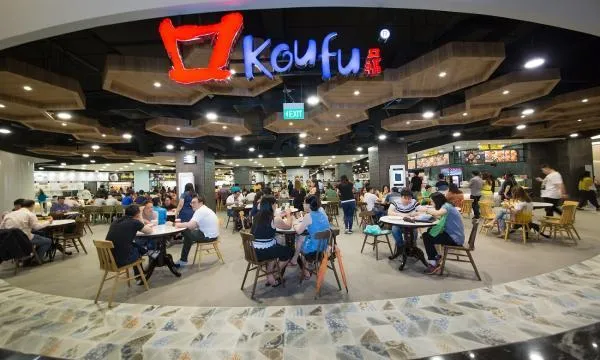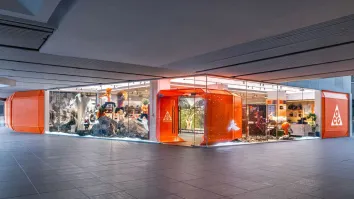
Koufu Group's profits plunged 82% to $1.85m in H1
Its outlet and mall management segment saw lower fixed and variable rental income.
Singapore-based Koufu Group saw its profits attributable to its owners shrink 82% YoY to $1.85m (S$2.54m) in H1 2020, from $10.26m (S$14.11m) in H1 2019, the company announced. Revenue fell 23.2% to $64.71m (S$88.97m) over the same period.
The weaker revenue was largely blamed on the impact of the outbreak and subsequent measures. Further, the lower topline was due to lower contributions from both the outlet and mall management segment and food and beverage (F&B) retail segment.
“These measures significantly affected our revenue as we saw lower footfalls at our food courts, especially those located in commercial malls, educational institutions and near offices. Our standalone F&B kiosks were also not allowed to operate,” Koufu’s executive chair and CEO Pang Lim said.
Contributions from the outlet and mall management segment, which makes up 53.7% of the group’s revenue, fell 19.4% to $34.77m (S$47.8m), due to lower fixed rental income following rental rebates to stall tenants as well as a drop in variable rent due to lower footfall at most outlets.
The F&B retail segment, which contributed the other 46.3% of its revenue, recorded a 27.2% slip to $29.97m (S$41.2m), no thanks to lower footfalls at most of the outlets especially during the circuit breaker period and Phase 1 of reopening, when dine-in was not allowed.
Furthermore, 10 food courts, three quick-service restaurants, two full-service restaurants and 26 R&B tea kiosks managed by the group had its operations temporarily suspended.
“We have resumed operations for most outlets since 19 June 2020 in Phase 2 of the reopening, which has seen our food courts and coffee shops located in the heartlands, tea beverage kiosks and full-service restaurants making significant improvements,” Lim said.



















 Advertise
Advertise






